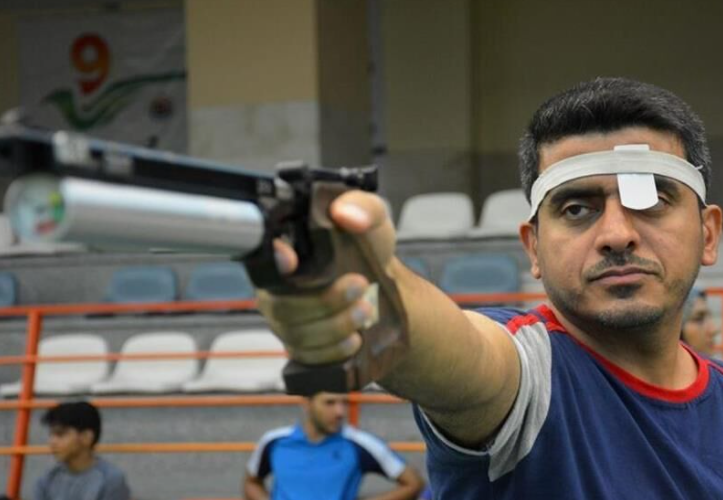August 06, 2021
Tehran produced the lowest turnout of any province in the June 18 presidential election, suggesting once again that the capital dances to a different political drum than the rest of the country.
Nationally, the turnout was a record low 48.5 percent the first time the turnout had fallen below half in a presidential election. But, in Tehran province, the turnout was just 34 percent and in the city just 26 percent. That contrasted with the high of 74 percent in South Khorasan province, which is generally viewed as a province with minimal political activity.
South Khorasan clearly went with the establishment. It gave 86 percent of its votes to Raisi and only 0.25 percent of the province’s voters cast black ballots, as opposed to 13.1 percent nationally.
There was a curious contrast between Kurdistan province, with many Sunni Kurds and, Sistan va Baluchistan province, with many Sunni Baluchis. Sistan va Baluchestan had a turnout of 62 percent, far above the 37 percent turnout in Kurdistan. Most observers attributed that to the fact that Abdol-Hamid Esmail-Zehi, the Sunni Friday prayer leader in Zahedan, capital of Sistan va Baluchestan, publicly endorsed the candidacy of Ebrahim Raisi and encouraged the province’s Sunnis to turn out and vote for him. There was no similar clerical support for Raisi in Kurdistan province.
Meanwhile, the Interior Ministry has still declined to announce how many Iranians living abroad cast ballots or who they voted for.
Initially, the establishment just tried to ignore the low turnout. But clearly the public was talking about it and ignoring it wasn’t doing any good. Finally, Supreme Leader Ali Khamenehi took the issue on directly. He said, “Because of the coronavirus epidemic, analysts had predicted a low turnout election, such as just 20 percent or 25 percent of the people voting, Well, under such circumstances, people participated in large numbers. It’s good.”
He did not say who had predicted a turnout of 20 percent or 25 percent and the Iran Times never saw any predictions of a turnout that low.
IranWire reported that three days before the election the Revolutionary Court in Nur in Mazandaran province ordered the arrest of Siavash Emami for calling on the public to boycott the vote in messages he posted on Twitter and Instagram. IranWire said he was charged with “conspiracy to act against national security” and “propaganda against the regime.”
The US State Department said the election was anything but “free and fair.” It labeled the balloting “pretty manufactured.” Iranian government spokesman Ali Rabii called the comments “contrary to international law” because it amounted to “interference in Iran’s internal affairs.” While saying it was illegal for any country to criticize Iran’s elections, Rabii criticized the US elections, commenting, “There is no nation that does not know how flawed and biased democratic processes in the US are,” voicing a criticism by Donald Trump.
In the Tehran City Council elections held four years ago, Reformists won all 21 of the seats. This year, Principleists won all the seats on the low turnout. The top vote getter was Mehdi Chamran, who had previously been chairman of the City Council. The third biggest vote getter was Narjes Soleymani, daughter of the late Maj. Gen. Qasem Soleymani. But 20 of the 21 winners received fewer votes than the 413,000 blank and voided ballots.





















